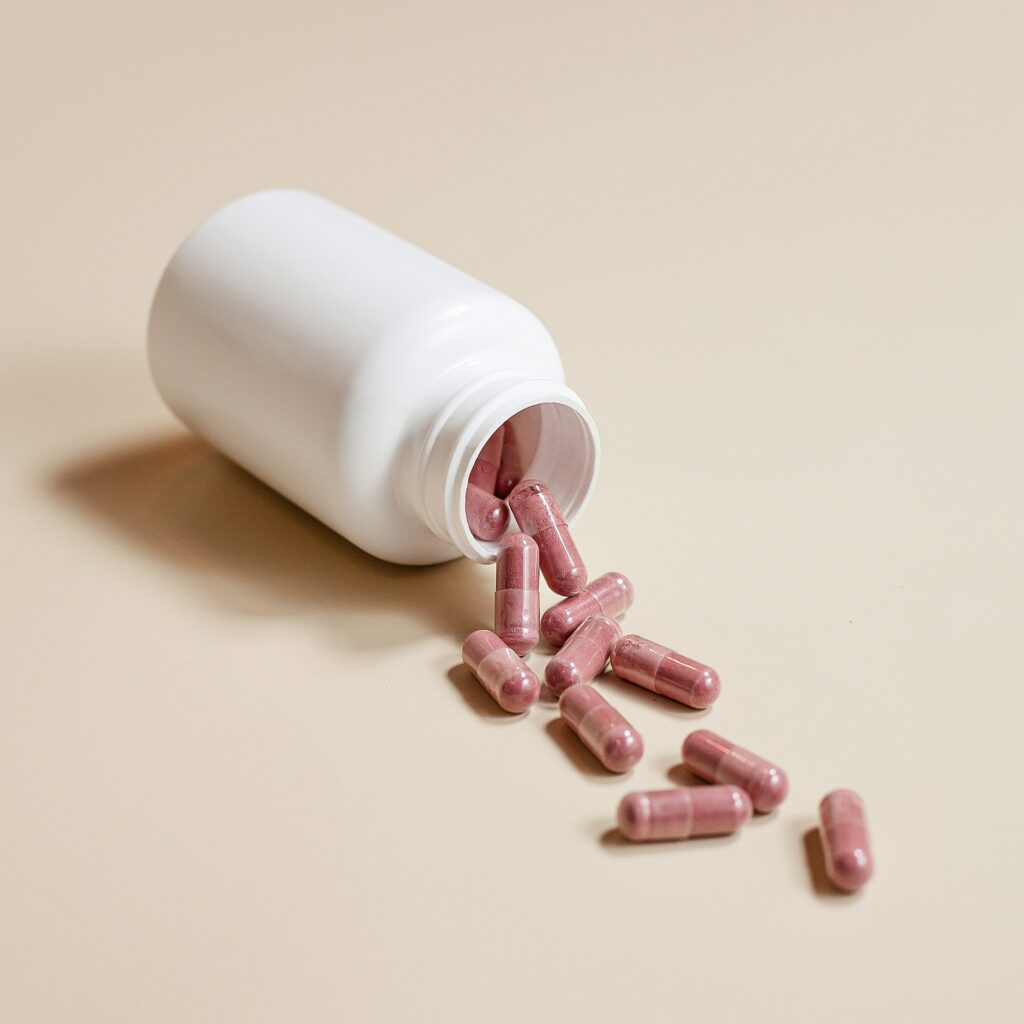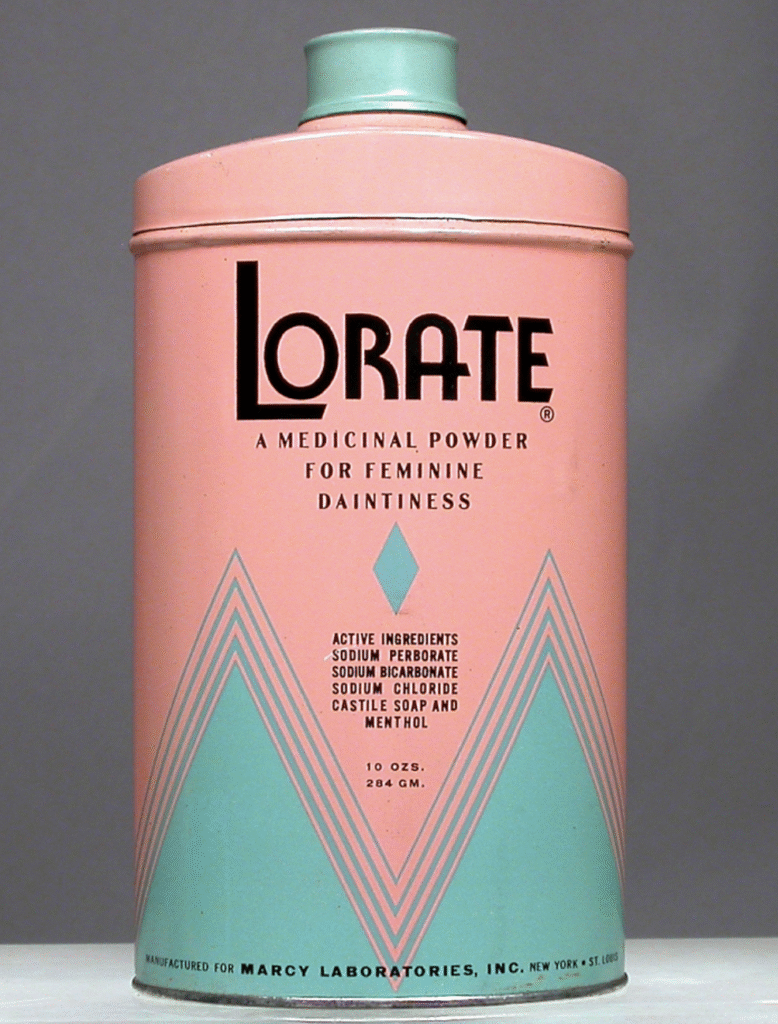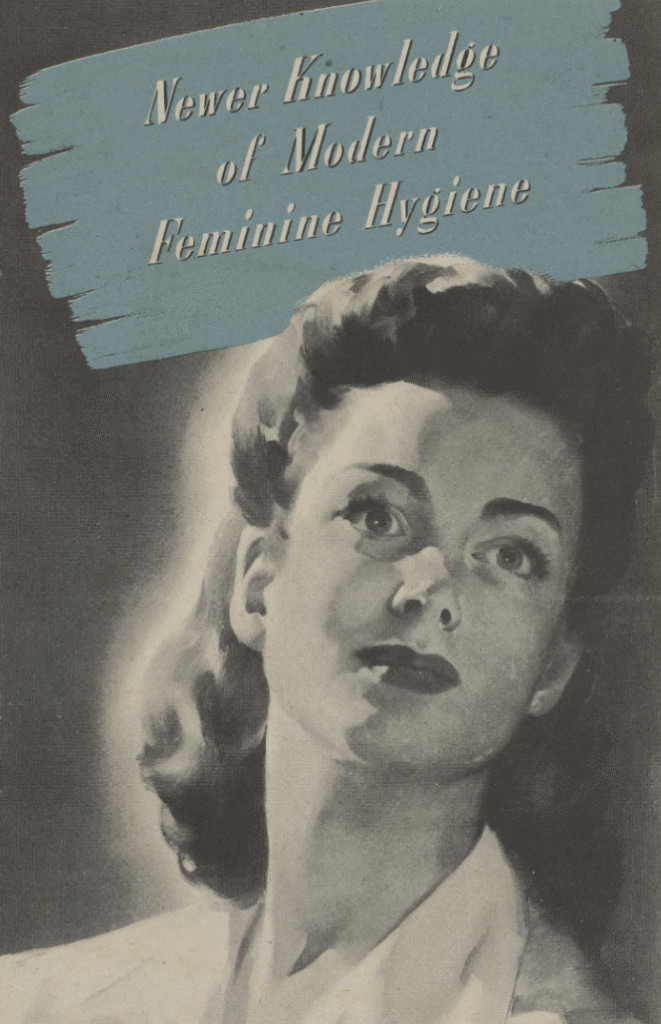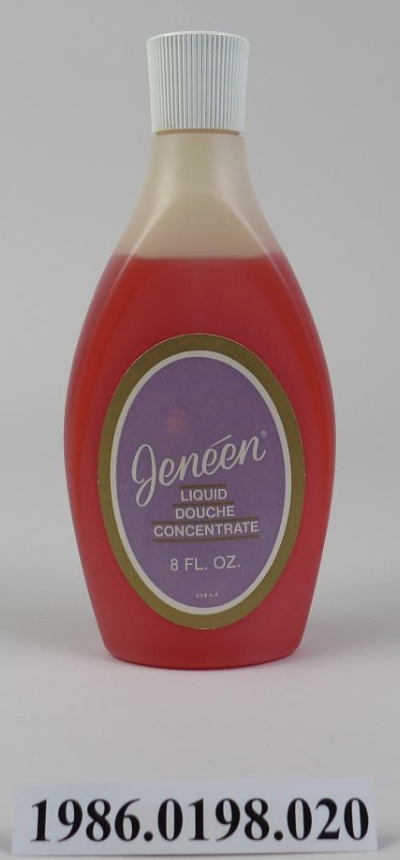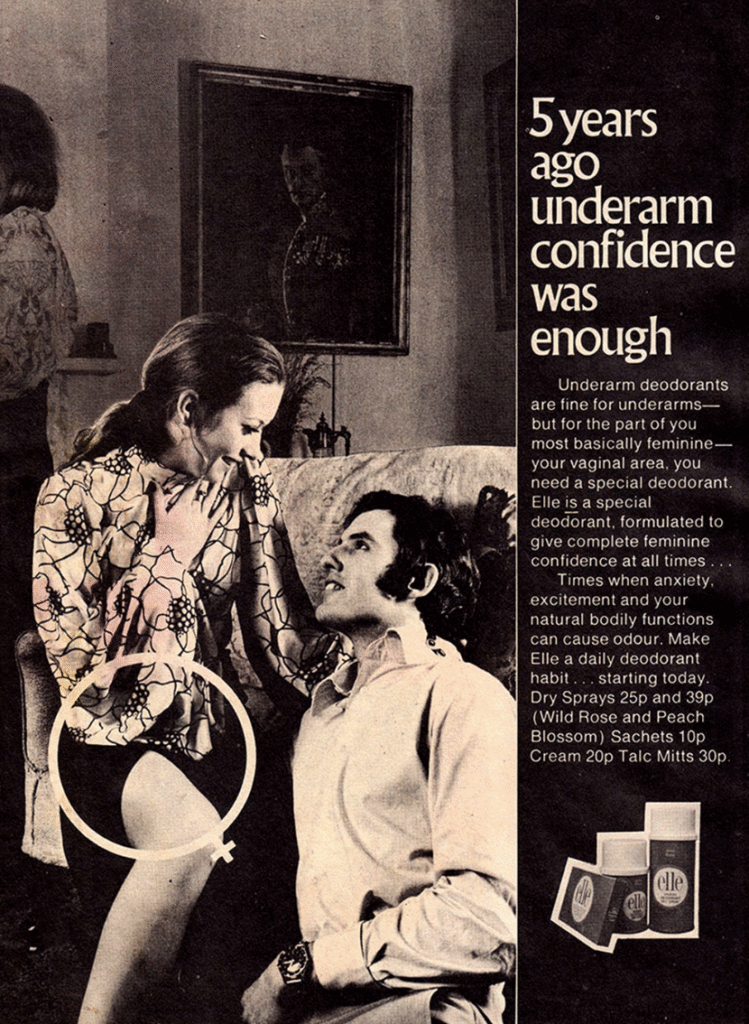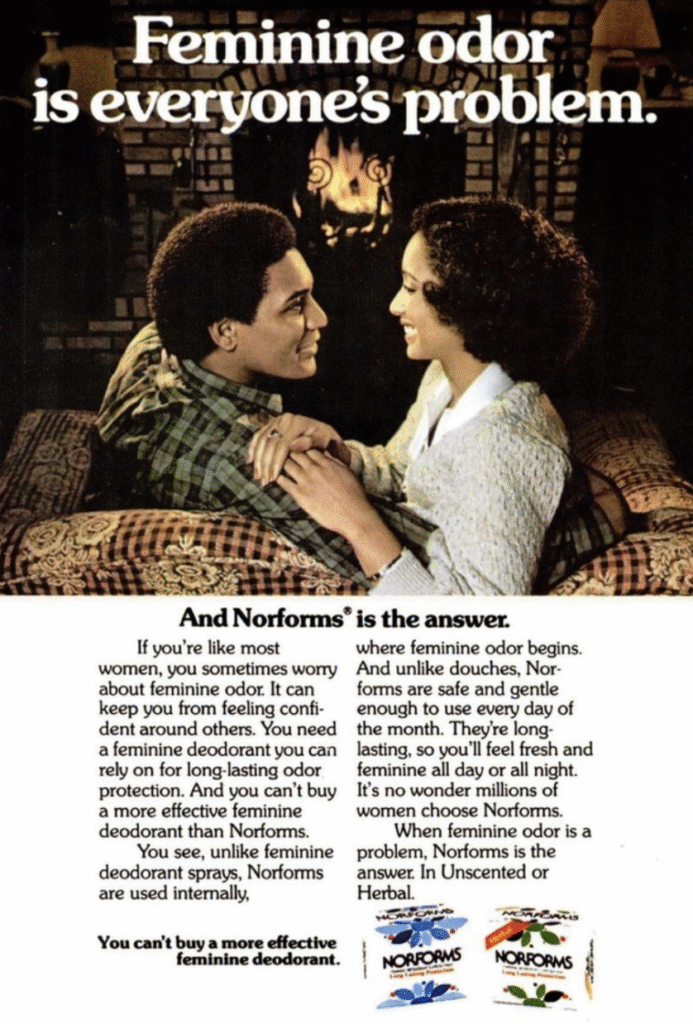Introduction
Recently, I was running a workshop when a participant flagged to me that one of the Kardashian sisters had been promoting a new gummy vitamin for “vaginal health” on Instagram. Cue an instant eye roll. Before looking it up, I knew it was going to be yet another overpriced product to make people with vulvas (even more) insecure about their bodies. Upon looking it up, it was clear that was the case. $44 gummy vitamins (called “lemme purr” (1)) that claim to do absurd and unproven things, such as improve vaginal health, balance pH, and improve ‘odor’.
People with vulvas are seemingly obligated to perfect every part of their bodies, forced to ensure their eyebrows are perfectly shaped, their nails perfectly manicured, their body perfectly petite and conforming, and their body hair fully removed. These expectations transcend to the most private parts of a person’s body, with endless products now dedicated to making sure a person’s vulva is perfectly groomed, and that their vagina is ‘clean’ and ‘smells amazing’. These products include everything from soaps, sprays, and deodorants, to wipes, supplements, and even suppositories.
So let’s dive into the truth about all of this—the myths and misogyny that the development and marketing of these products are rooted in, and the truth about what your body really does—and most certainly does not—need to be healthy.
The History of “Feminine Hygiene” Marketing
The advent of modern capitalist advertising brought with it a “new and improved” way to prey on women and people with vulvas’ insecurities—or, in other words, give them new insecurities they never would have otherwise had.
This led to the development of early products that included powders for “feminine daintiness,” douches with a “delightfully feminine scent of fresh roses” to “cleanse and deodorize,” “vaginal area” deodorant formulated for “complete feminine confidence,” and internal suppository deodorants to resolve “feminine odor.” The language itself reveals the underlying assumption that women’s natural bodies were inherently in need of correction.
Throughout the late 19th and the 20th century, companies circulated brochures to advertise disinfectants, douches, powders, and pills to “treat” vaginal odor. At a time when there was an even greater lack of education about the female body and even more stigma and shame around menstruation and vulvas, these brochures often proclaimed to answer medical and personal questions people often had no other way of answering. Unfortunately, these brochures often professed inaccurate and harmful information to encourage people to buy their perfumed products, creating a cycle of misinformation that persists today. (2)
The consequences of this historical marketing strategy extend far beyond individual purchases. These campaigns fundamentally altered how society views women’s bodies, establishing the precedent that natural bodily functions should be hidden, altered, or eliminated entirely. They created a culture where women’s worth became tied to their ability to maintain an impossible standard of “freshness” and “cleanliness.”
Products Today
These products and advertisements may seem shocking and sexist today, but things really haven’t changed much in recent years. In fact, today people with vulvas are bombarded by even more creatively marketed products that exacerbate insecurities and play into misogynistic stigma that renders people feeling desperate to make their bodies more discrete. Social media, celebrities, and influencers, along with creative “wellness culture” marketing tactics have played a major role in the cultural ambush of these products.
The modern approach is more insidious than its historical counterpart. Instead of explicitly shaming women and people with vulvas, today’s marketing disguises itself as empowerment, self-care, and health optimization. The message has shifted from “you are dirty” to “you deserve to feel confident,” but the underlying implication remains the same: your natural body is insufficient.
Wipes, Soaps, and Sprays
There are endless companies selling ‘intimate wipes’ that claim to prevent vaginal odor and promote freshness (talking about people the same way you might talk about supermarket produce). Vagisil (8) sells “odor block” wipes, Stall Mates (9) sells individually wrapped wipes that claim to keep you “feminine fresh” (whatever that means), Summer’s Eve (10) sells floral-scented wipes to remove odor-causing bacteria (bacteria that, as we will discuss below, your body needs), and even Victoria’s Secret (11) now sells “intimate wipes” that allegedly smell like coconut and roses.
It doesn’t stop there. The Pink Bible (12) sells a spray that claims to kill odor-causing bacteria on your “lady parts” and leave you smelling like strawberry milk. The Amazon website is full of other scented oils, wipes, soaps, and sprays that make all sorts of lofty promises, all aimed at exploiting and exacerbating age-old misogynist myths about vulvas and vaginas.
The language used in marketing these products is telling. Terms like “lady parts,” “feminine freshness,” and “intimate care” serve to infantilize and euphemize normal body parts and functions. This linguistic choice reinforces the idea that vulvas and vaginas are somehow shameful or inappropriate to discuss directly, perpetuating the very stigma that drives sales of these unnecessary products.
Supplements & Suppositories
In recent years, alongside hype around probiotics more generally, supplements and probiotics targeting people with vaginas have gone mainstream, as demonstrated by Kourtney Kardashian herself with the ‘lemme purr’ supplements. These products represent a particularly clever evolution in feminine hygiene marketing, capitalizing on the wellness trend to rebrand the same old shame as health consciousness.
These supplements often contain ingredients with little to no scientific backing for their claimed benefits. Many include cranberry extract, probiotics, or vitamins that, while not necessarily harmful, don’t provide the specific vaginal health benefits promised. The probiotic strains in these supplements often aren’t even the same strains that naturally occur in healthy vaginal microbiomes.
The Economics of Insecurity
It’s impossible to ignore that these products are expensive. The high price tag alone shows how companies capitalize on the pressures women and people with vulvas face to meet unrealistic standards of cleanliness and beauty. A $44 bottle of gummy vitamins with unproven benefits represents more than just overpricing—it’s the monetization of manufactured insecurity.
The feminine hygiene industry is worth billions of dollars globally, built entirely on the premise that women’s natural bodies are problematic. This economic model requires the continuous creation and reinforcement of insecurities to maintain profitability. Companies invest heavily in marketing research to identify new anxieties they can exploit, from “pH balance” to “microbiome health.”
Here’s a telling question: Why is there no aisle dedicated to penis freshness? The absence of equivalent products for people with penises reveals the gendered nature of this industry. Men’s bodies are allowed to exist naturally, while women’s bodies are treated as perpetual projects requiring constant improvement and maintenance.
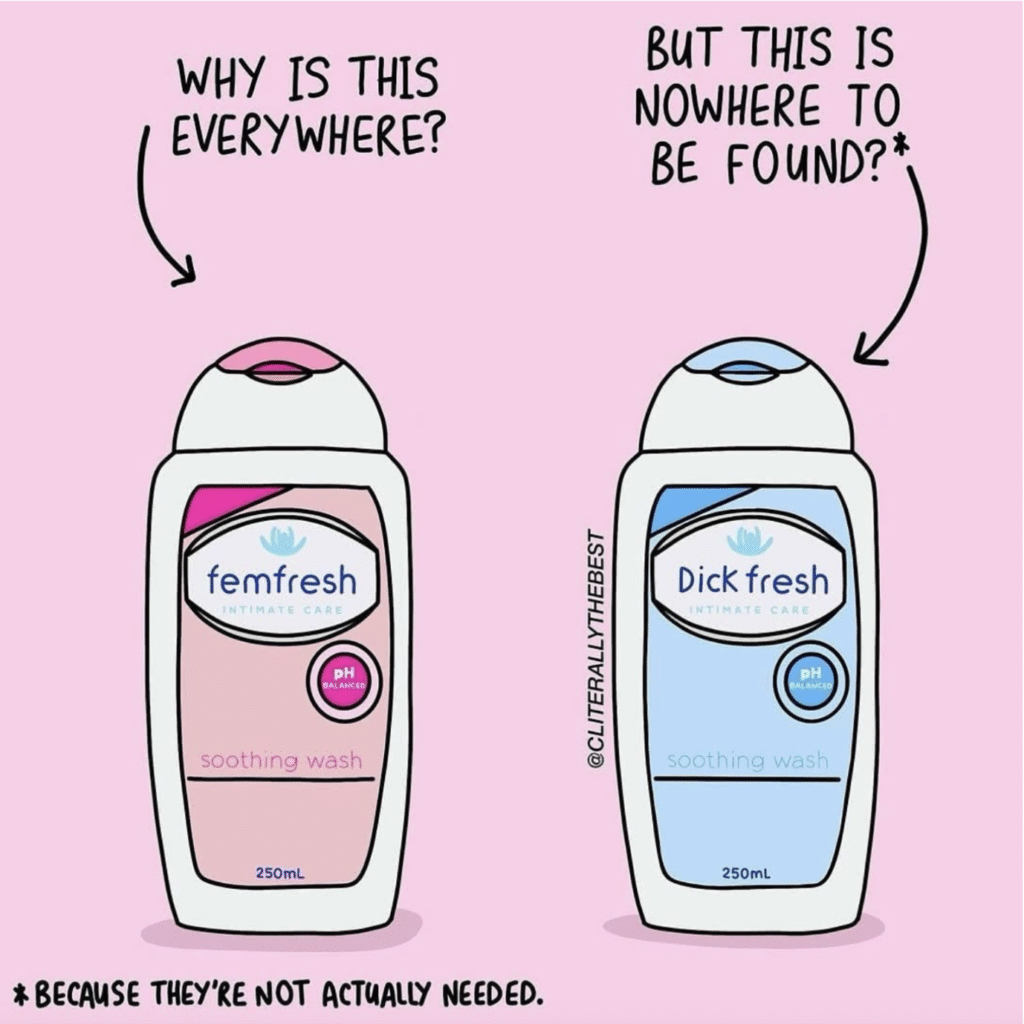
The Science Behind Vaginal Health: What Your Body Actually Needs
Here is the bottom line: your vagina is self-cleaning. It has its own mechanisms for maintaining a healthy balance of bacteria, and introducing artificial products, particularly those with added fragrances, can disrupt that balance and cause irritation, allergic reactions, and infections.
The vaginal microbiome is a complex ecosystem dominated by beneficial bacteria, primarily lactobacilli, which produce lactic acid to maintain an acidic environment (pH 3.8-4.5). This acidity naturally prevents harmful bacteria and yeast from overgrowing (13). When you introduce external products, especially those with fragrances, harsh chemicals, or the wrong pH, you can disrupt this natural balance and actually increase your risk of infections.
The vagina also has a natural cleaning mechanism through discharge, which helps flush out dead cells and bacteria. This discharge varies throughout the menstrual cycle and is completely normal. The idea that this natural process needs enhancement or replacement is not only scientifically unfounded but is potentially harmful. So long as you’re not experiencing symptoms such as unusual discharge, persistent itchiness, burning, or strong, fishy odor, you are likely perfectly healthy. If you are, then there is no special perfumed soap that will “fix” the problem, and you should talk to the healthcare professional.
Here’s a not-so-fun fact: Popular discourse often jokes about people with vulvas having a “fishy” odor. An odor like this can often be indicative of bacterial vaginosis (BV), which a recent study has shown is often linked to sexual intercourse with male partners (14). The irony of a misogynistic trend being rooted in something that men themselves are often the cause of, and women are often blamed and ridiculed for, has to be a perfect case study of the patriarchy.
Real vaginal health involves understanding what’s normal for your body, practicing good general hygiene (external washing with plain water or mild, unscented soap), wearing breathable underwear, staying hydrated, and seeking medical attention for genuine symptoms. It doesn’t require special products, supplements, or constant vigilance against natural bodily functions.
What really matters
The feminine hygiene industry has spent over a century manufacturing this shame, creating a multi-billion-dollar market built on exploiting insecurities about perfectly normal bodily functions. The truth is radical in its simplicity: your body is not broken, your natural scent is not offensive, and your vagina does not need to smell like roses. Breaking free from these harmful narratives means questioning the messages we’ve internalized, trusting our own experiences over marketing claims, and challenging the systems that profit from our insecurities. Your body deserves better than products designed to shame it into conformity—it deserves respect, understanding, and the freedom to exist naturally. The dirty truth about staying “clean” is that you were clean all along; it’s the industry selling you otherwise that’s truly dirty.

